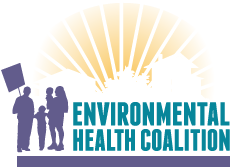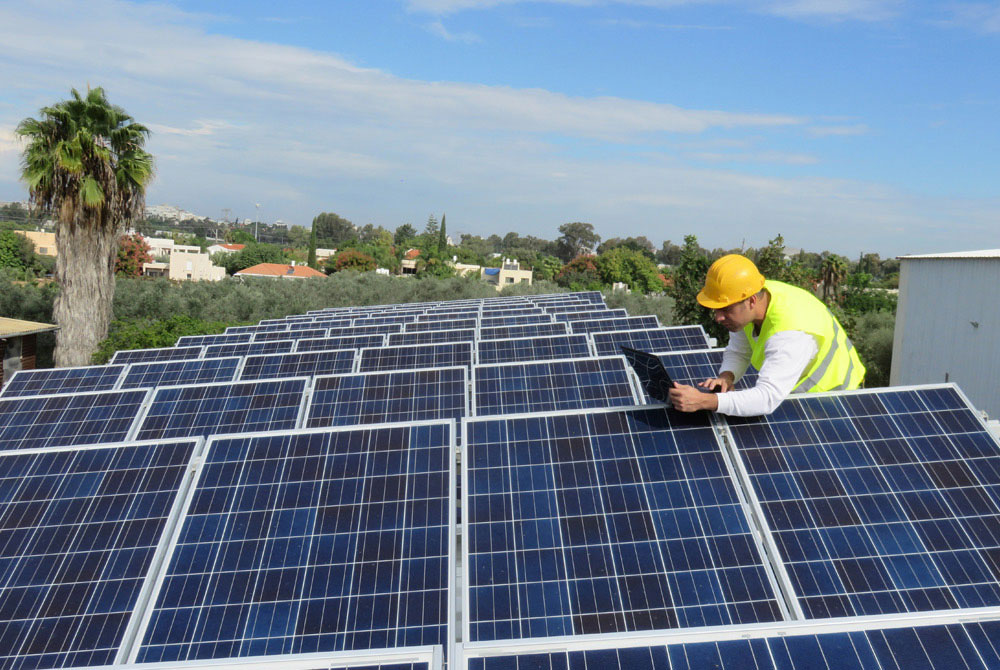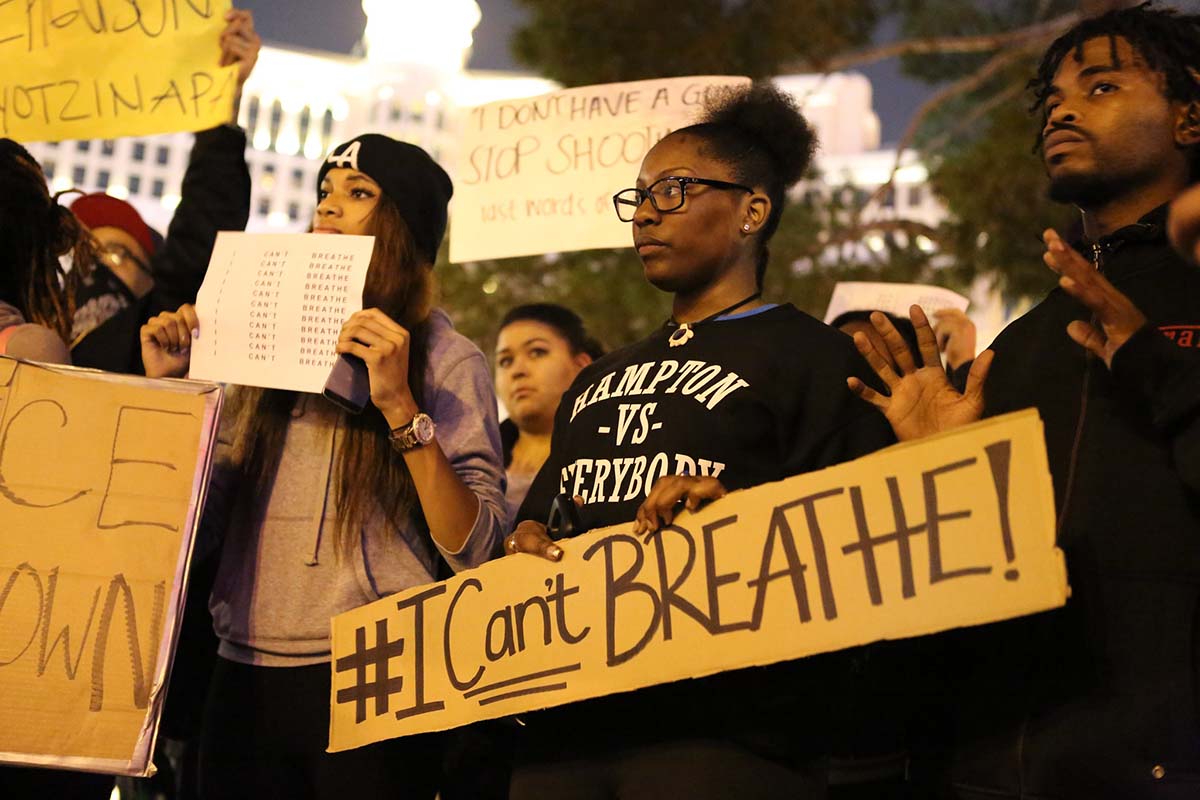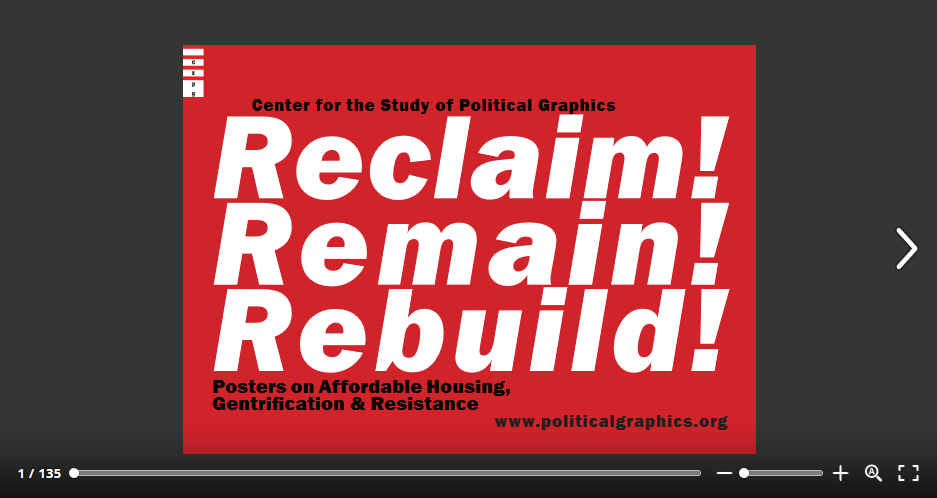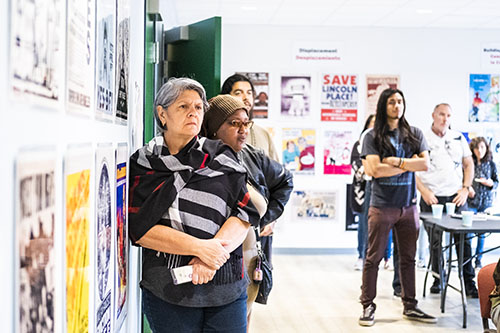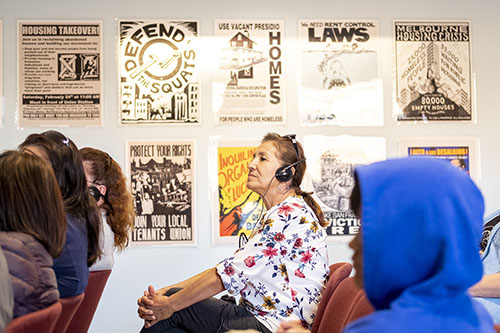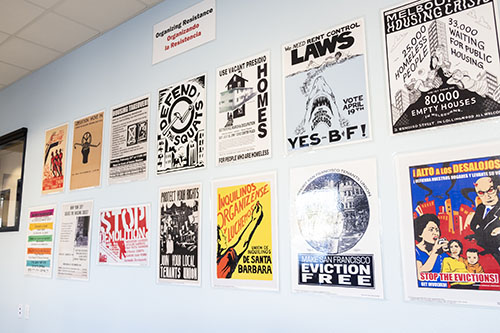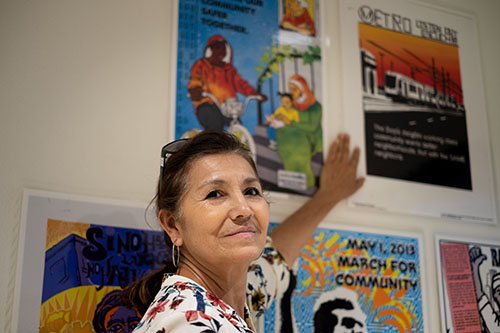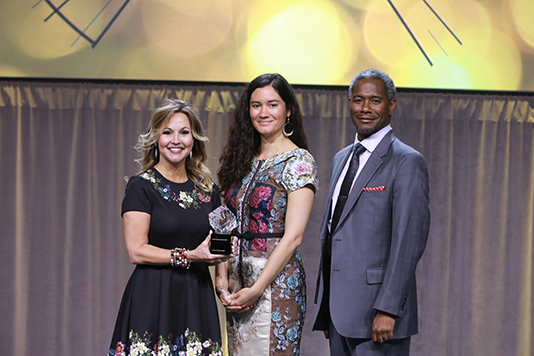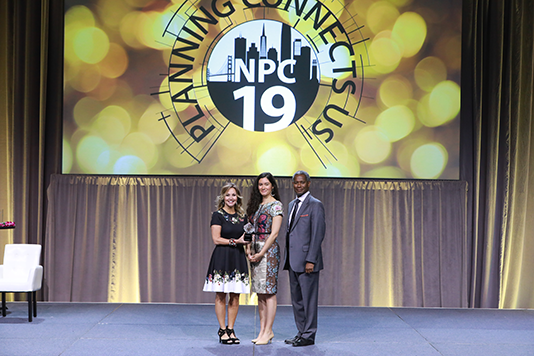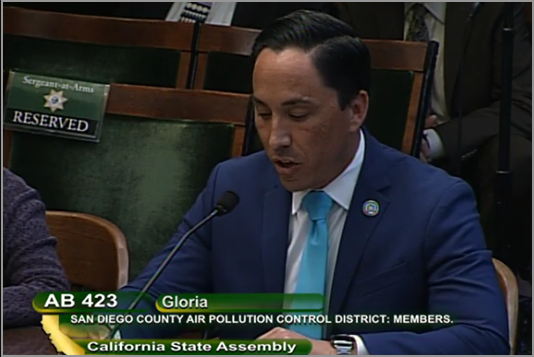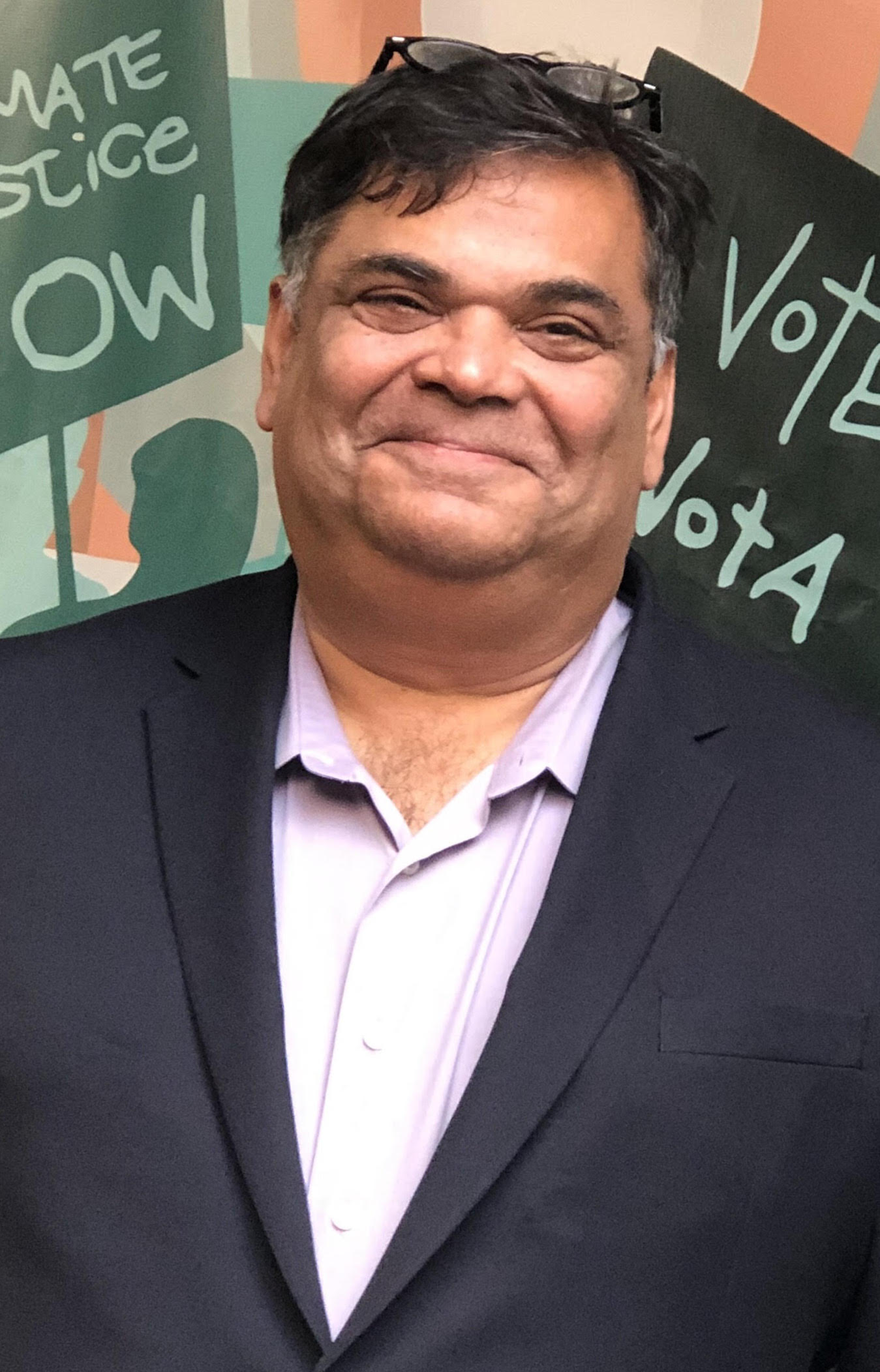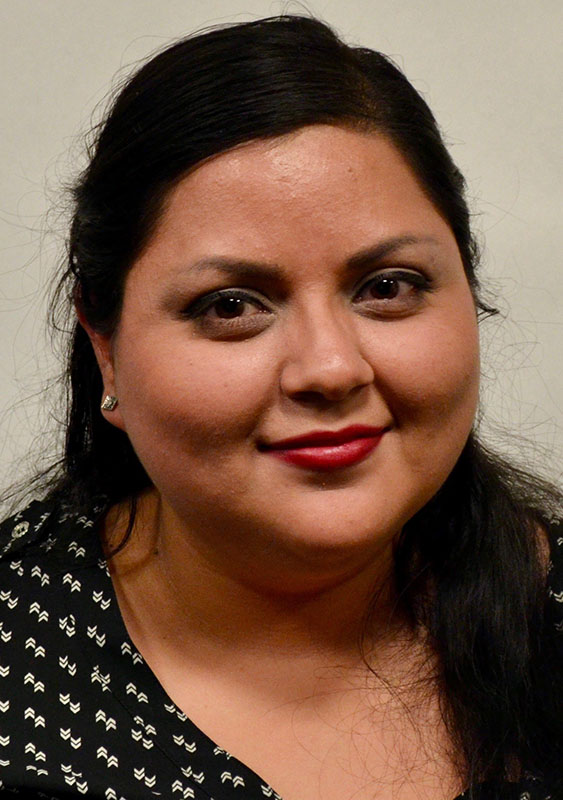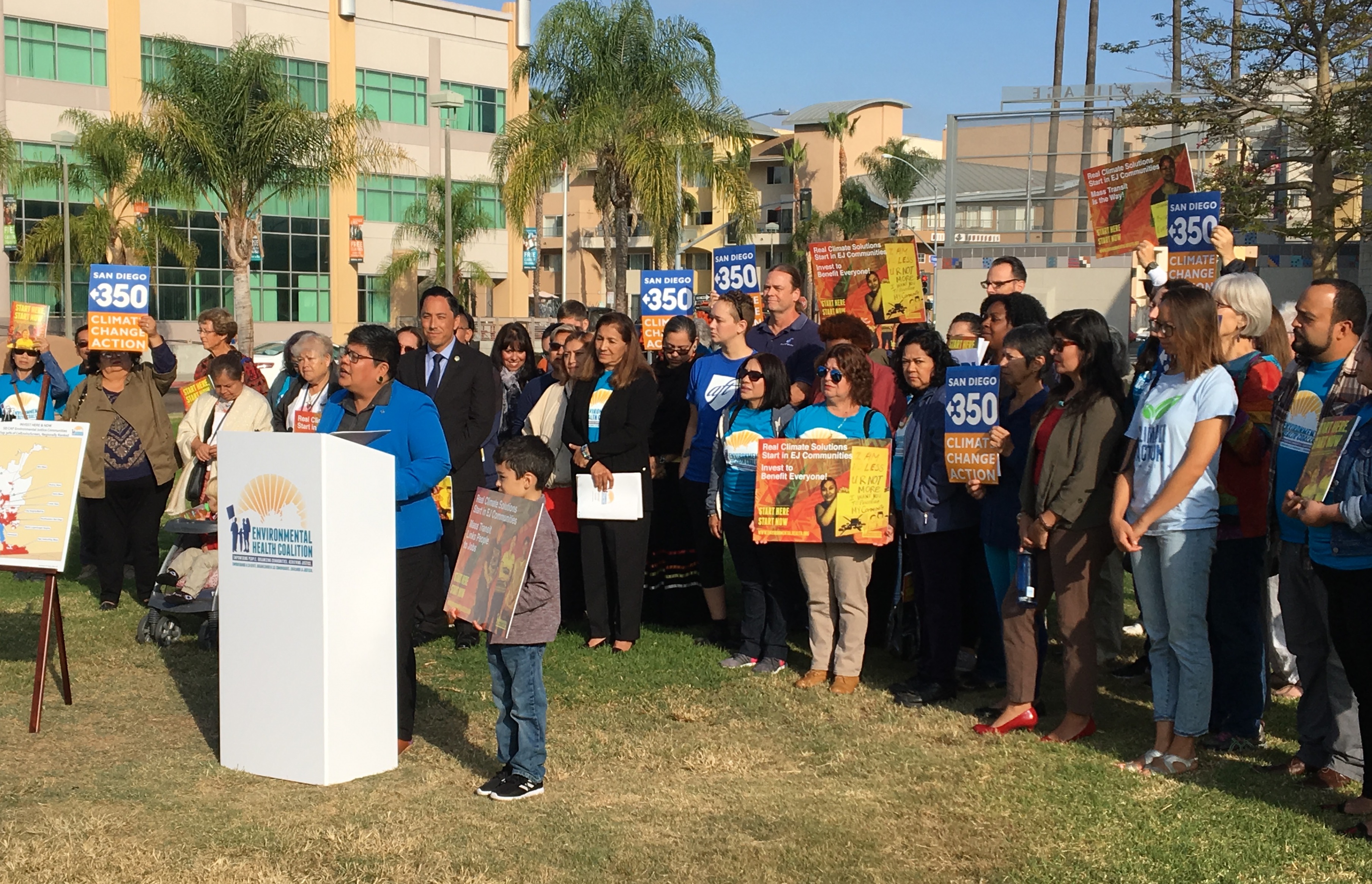
EHC is celebrating the passage of AB 2276 (Reyes, Salas, C. Garcia) a law that will address California’s poor track record of ensuring that our children most at risk of lead poisoning are screened and tested for lead.
About AB 2276
- AB 2276 requires Medi-Cal managed care plans to identify enrolled children who have not received the required lead tests and remind the child’s healthcare provider and parents about the missed tests.
- AB 2276 also codifies additional risk factors that the Department of Public Health must consider when developing screening requirements doctors use to determine if a child not enrolled in Medi-Cal should be tested for lead.
Low-income, people of color communities are at higher risk due to the older housing stock, substandard housing conditions, and malnourished children. Lack of nourishment makes it easier for children to absorb lead faster. With stay-at-home orders, most of our children are at home 24/7, making it even more urgent to ensure that homes are lead-safe. Most children do not show any symptoms. Unfortunately, lead can silently poison your child.
Childhood lead poisoning is the #1 environmental health threat impacting children under the age of six by causing brain damage, learning disabilities, hyperactivity, and aggressive behavior. Lead also damages the immune system – a health impact that is of huge concern during this COVID-19 pandemic.
The good news is that childhood lead poisoning is completely preventable! Parents, please be vigilant. Take steps to make your home lead safe and be sure to schedule a blood lead test for your children and grandkids this week.
